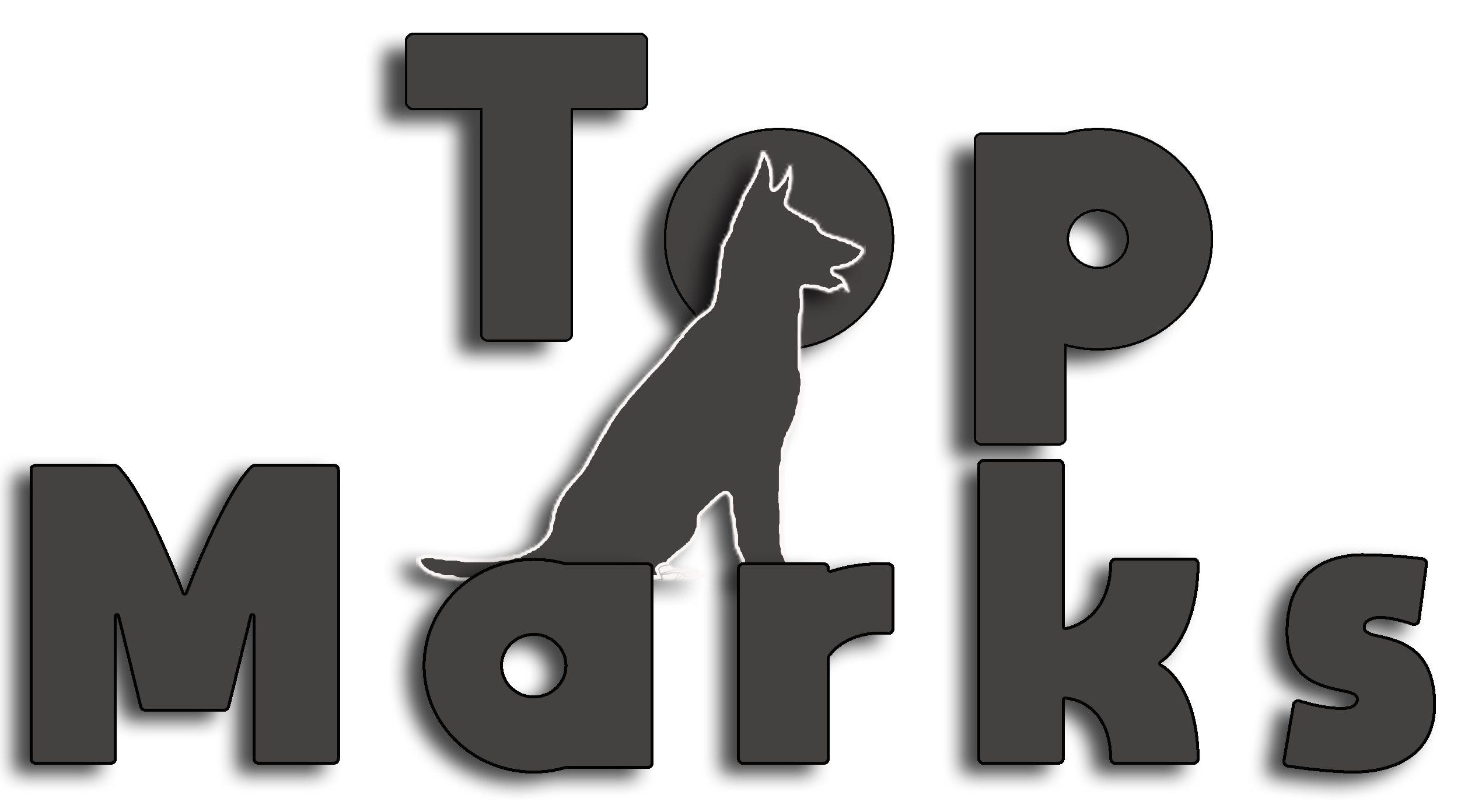Bloat (Gastric Dilatation-Volvulus) also known as twisted gut is a life-threatening gastrointestinal problem that affects many breeds, German Shepherds rank among the most prone breeds.
Bloat is a condition in which food or gas stretches your dog’s stomach, causing abdominal pain.
While it is more common in large breed or deep-chested dogs, any breed can develop bloat.
Depending on the severity, bloat can be fatal if not treated within an hour or two.
Air accumulates in the stomach (dilatation), and the stomach twists (volvulus).
Some ways to help avoid Bloat in German Shepherds.
- A disorganized feeding routine. One large meal a day is more likely to cause bloat than several smaller meals.
- Quick eating.
- A consistently solid diet. A mixture of wet and hard food is less likely to cause bloat.
- Not drinking enough water.
- Sex. Male German Shepherds are more prone than female ones.
- Age. Dogs that are seven or more years are at higher risk – and the risk increases with each additional year.
- Smaller size. Lean dogs are at a higher risk. A lack of fat in the abdomen mimics a deep and narrow chest.
- Exercising too soon after a meal.
- Stress and anxiety.
Knowing the signs and symptoms of bloat in your German Shepherd is crucial. As it’s a deadly condition, acting quickly may be the only way to save your dog.
How do you know if your German Shepherd is bloated? What are the first signs?
The most noticeable sign of bloat in German Shepherds is a swollen stomach. Other less obvious symptoms are retching, unsuccessful vomiting, restlessness, shortness of breath, weakness, or foaming at the mouth. These may be more or less severe, depending on the stage.
Remember – Any case of bloat is an emergency, and you should contact your vet if you have even the slightest suspicion that something is wrong.
